Home>diy>Building & Construction>How Much Is A Construction Dumpster
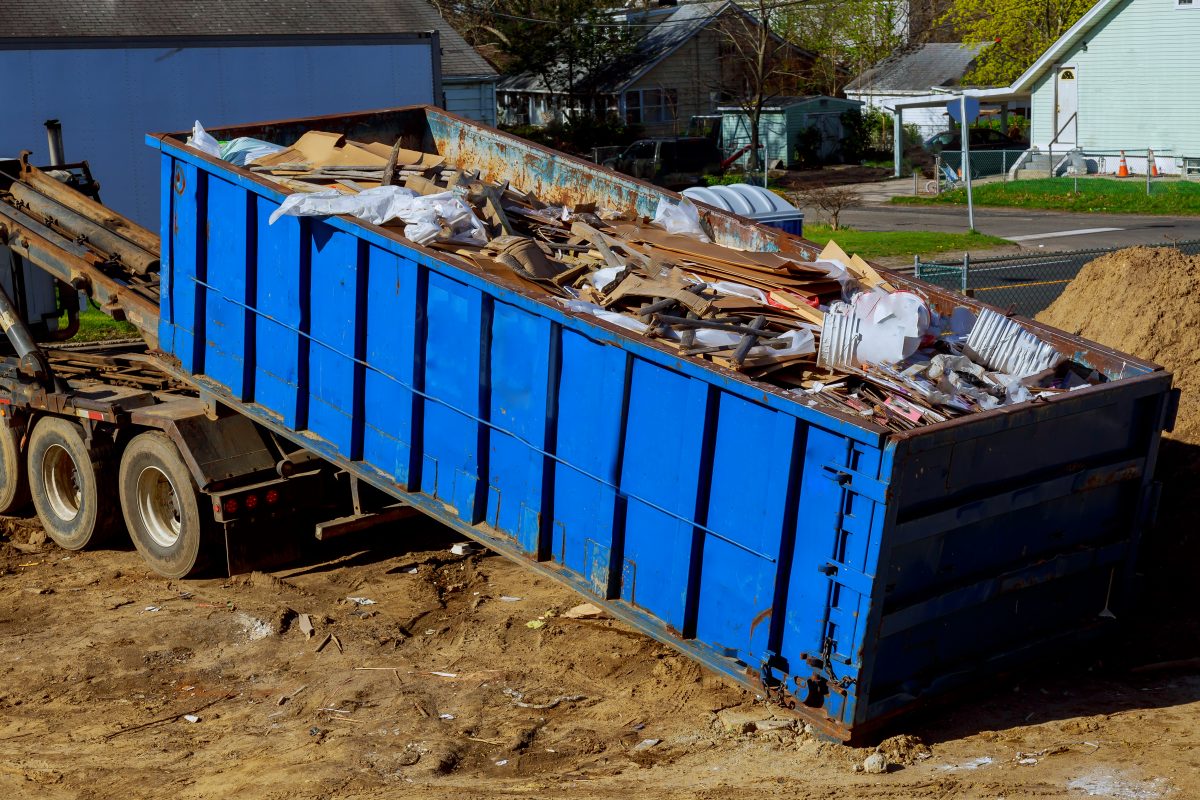

Building & Construction
How Much Is A Construction Dumpster
Modified: October 18, 2024
Find out the cost of a construction dumpster for your building construction project. Get affordable dumpster rental prices and sizes to meet your needs.
(Many of the links in this article redirect to a specific reviewed product. Your purchase of these products through affiliate links helps to generate commission for Storables.com, at no extra cost. Learn more)
Introduction
Welcome to the world of construction, where heavy machinery, tools, and materials come together to create magnificent buildings and structures. In the process of construction, it is inevitable that waste and debris will accumulate. This is where construction dumpsters come into play. Whether you are undergoing a small renovation project or embarking on a large-scale construction venture, renting a construction dumpster is an essential step to efficiently dispose of the waste.
Construction dumpsters are specifically designed to handle the heavy loads associated with construction projects. They provide an easy and convenient solution for safely and responsibly disposing of construction debris. However, before diving into the details of cost and rental options, it’s essential to understand the factors that can affect the pricing of construction dumpsters.
By familiarizing yourself with these factors, you will be better equipped to make informed decisions about the size, rental duration, and additional charges that may be associated with your construction dumpster rental. This comprehensive guide will walk you through everything you need to know about the cost of construction dumpsters and provide practical tips to save money along the way.
Key Takeaways:
- Renting a construction dumpster involves various factors affecting cost, such as size, debris type, location, and rental duration. Understanding these factors can help in making informed decisions and budgeting effectively.
- To save money on construction dumpster rentals, consider right-sizing the dumpster, estimating debris weight accurately, optimizing the rental period, comparing prices, minimizing air space, and exploring recycling and donation options.
Read more: How Much To Rent A Construction Dumpster
Factors Affecting the Cost of a Construction Dumpster
The cost of renting a construction dumpster can vary depending on several factors. Understanding these factors will help you estimate the total cost and make an informed decision. Here are the key factors that can affect the cost of a construction dumpster rental:
- Size of the Dumpster: The size of the dumpster is one of the primary factors that determine the cost. Construction dumpsters come in various sizes, typically measured in cubic yards. The larger the dumpster, the higher the rental cost. It’s crucial to assess the volume of waste you expect to generate to choose the right-sized dumpster.
- Type and Weight of Debris: The type of debris and its weight can also impact the cost of renting a construction dumpster. Certain materials, such as concrete or roofing materials, may require specialized hauling and disposal methods, leading to additional costs. Additionally, dumpsters have weight limits, and exceeding these limits may result in extra charges.
- Location: The location where you need the construction dumpster delivered can affect the rental cost. Factors like distance, accessibility, and local regulations can impact the pricing. If you are in a remote area, for example, the delivery fees might be higher.
- Rental Duration: The duration for which you need the construction dumpster will also influence the cost. Rental periods typically range from a few days to a few weeks. If you require the dumpster for a longer duration, it may result in higher rental fees.
- Additional Services: Some dumpster rental companies offer additional services like expedited delivery, same-day pickup, or specialized equipment for handling specific debris. These additional services typically come with extra charges and can increase the overall cost of the rental.
It’s important to consider these factors and discuss them with your chosen dumpster rental company to get an accurate estimate of the total cost. By understanding the nuances of these factors, you can plan your construction project budget accordingly and ensure a smooth waste disposal process.
Size Options for Construction Dumpsters
When it comes to construction dumpsters, size matters. Choosing the right-sized dumpster is crucial to effectively manage the waste generated during your construction project. Here are some common size options for construction dumpsters:
- 10-Yard Dumpster: This is the smallest size option available for construction dumpsters. It is ideal for small-scale projects, such as minor renovations or yard cleanups. A 10-yard dumpster can typically hold up to 10 cubic yards of debris, equivalent to approximately three pickup truck loads.
- 20-Yard Dumpster: A 20-yard dumpster is a popular choice for medium-sized construction projects. It can hold up to 20 cubic yards of debris, which is roughly equivalent to six pickup truck loads. This size is suitable for projects like bathroom or kitchen remodels or small-scale demolitions.
- 30-Yard Dumpster: If you are working on a larger construction project, a 30-yard dumpster might be the right choice. It has a capacity of 30 cubic yards, which can handle approximately nine pickup truck loads of debris. This size is often used for commercial construction, major renovations, or large-scale demolitions.
- 40-Yard Dumpster: For extensive construction projects or commercial use, a 40-yard dumpster is the largest option available. It can hold up to 40 cubic yards of debris, equivalent to about 12 pickup truck loads. This size is suitable for projects like new construction, large demolitions, or commercial renovations.
Choosing the appropriate size for your construction dumpster is important to avoid unnecessary costs. Renting a dumpster that is too small may require additional pickups or result in overflow fees, while renting a dumpster that is too large can be a waste of money and space. Evaluate the scale of your project, estimate the volume of waste generated, and consult with your dumpster rental company to select the ideal size.
In addition to the standard size options, some dumpster rental companies also offer specialty dumpsters, such as compactors for heavy materials like concrete and metal or hazardous waste containers for items like asbestos. If your construction project has unique waste disposal needs, inquire about these specialized options with your chosen rental company.
Rental Periods for Construction Dumpsters
The rental period for a construction dumpster refers to the duration of time that you have the dumpster on-site for waste disposal. Different rental companies may have varying policies and options regarding rental periods. Here are a few common rental period options for construction dumpsters:
- Short-Term Rentals: Short-term rentals usually range from 1 to 7 days. They are suitable for smaller construction projects or projects that generate a minimal amount of waste. Short-term rentals are ideal for quick renovations, cleanouts, or small-scale construction projects.
- Medium-Term Rentals: Medium-term rentals typically span between 1 to 4 weeks. They are suitable for medium-sized construction projects that require more time for waste disposal. Medium-term rentals are commonly chosen for home renovations, room additions, or landscaping projects.
- Long-Term Rentals: Long-term rentals are for more extended durations, typically ranging from 1 month to several months. They are suitable for ongoing construction projects, such as commercial building construction or large-scale remodeling projects. Long-term rentals provide flexibility and convenience for managing waste throughout the project’s lifespan.
When deciding on the rental period for your construction dumpster, consider the timeline of your project and the amount of waste you anticipate generating. It’s important to plan ahead and allocate enough time for proper waste disposal. If you have a clear project timeline, you can schedule the rental period to coincide with specific phases of the construction process to optimize efficiency.
Additionally, some dumpster rental companies may offer options for extending the rental period if needed. Communicate with the rental company about any potential timeline changes to ensure the availability of the dumpster and avoid any additional fees for exceeding the agreed-upon rental period.
Remember that the longer you keep the dumpster, the higher the rental cost may be. However, it is crucial to strike a balance between keeping the dumpster for an adequate duration and rushing waste disposal to complete the project on time.
When renting a construction dumpster, consider the size you need based on the amount of debris and waste you will be disposing of. It’s better to have a slightly larger dumpster than to risk overfilling a smaller one.
Additional Charges and Fees
While the base rental cost of a construction dumpster covers the primary service, there may be additional charges and fees associated with your rental. Understanding these potential fees beforehand can help you budget accordingly. Here are some common additional charges and fees to be aware of:
- Overweight Fees: Most construction dumpsters have weight limits. If you exceed the designated weight limit, you may incur overweight fees. These fees can vary depending on the rental company and the excess weight. It’s essential to estimate the weight of your debris accurately and stay within the weight limit to avoid additional charges.
- Overfill Fees: Overfilling a dumpster is not only unsafe but also against regulations in many areas. Some rental companies charge overfill fees if the debris exceeds the top edge of the dumpster. To avoid these fees, make sure to fill the dumpster within the designated fill line and distribute the weight evenly.
- Extension Fees: If you need to extend the rental period beyond the agreed-upon timeframe, the rental company may charge extension fees. These fees can vary depending on the duration of the extension and the rental company’s policy. It’s important to discuss any potential timeline changes with the rental company in advance to avoid surprises.
- Delivery and Pickup Fees: Most dumpster rental companies include the cost of delivery and pickup in the overall rental price. However, if your construction site is located in a remote area or has difficult access, additional delivery or pickup fees may apply. Discuss the specifics of your site with the rental company to understand any potential extra charges.
- Permit Fees: In some cases, you may need a permit to have a construction dumpster parked on public property, such as a street or sidewalk. Permit requirements and fees vary depending on local regulations. It’s important to check with your local authorities and obtain the necessary permits to avoid fines or penalties.
It’s crucial to carefully review your rental agreement and discuss any potential additional charges and fees with the dumpster rental company. By understanding these potential costs, you can factor them into your budget and avoid any unexpected expenses along the way.
Read more: How Much For A Porch Construction Project
Comparison of Prices from Different Dumpster Rental Companies
When it comes to renting a construction dumpster, it’s important to compare prices from different rental companies to ensure you’re getting the best deal. Here are some steps you can take to compare prices effectively:
- Research Multiple Companies: Start by researching and gathering information from several dumpster rental companies in your area. Look for companies with a good reputation, positive customer reviews, and transparent pricing policies.
- Request Quotes: Contact each rental company and request a detailed quote for the size of the dumpster you need and the estimated rental duration. Provide them with accurate information about your project to receive more precise quotes.
- Compare Base Rental Costs: Review the base rental costs provided by each company. Take note of any variations in pricing based on the size of the dumpster, rental duration, and additional services offered.
- Consider Additional Fees: In addition to the base rental costs, consider any potential additional charges and fees that may apply. Compare the fees associated with overweight items, overfilling, delivery and pickup, or permit requirements. Be aware of any hidden fees that may not be initially mentioned in the quote.
- Check for Special Discounts or Promotions: Some dumpster rental companies offer special discounts or promotions for specific occasions or certain types of projects. Inquire about any available discounts or promotional offers that can help reduce the overall cost of renting a construction dumpster.
- Read Reviews and Recommendations: Alongside price, take into account the reputation and customer satisfaction of each rental company. Read online reviews and seek recommendations from friends, colleagues, or contractors who have experience with construction dumpster rentals.
By following these steps and comparing prices, you can make an informed decision about which dumpster rental company offers the best value for your construction project. Keep in mind that the cheapest option may not always be the best, as you also need to consider factors such as reliability, customer service, and overall reputation of the rental company.
Remember that price is just one aspect to consider. It’s important to carefully evaluate the overall package that a rental company provides to ensure a smooth experience and efficient waste management throughout your construction project.
Tips for Saving Money on Construction Dumpster Rentals
Renting a construction dumpster can be a significant expense in your construction project budget. However, implementing a few smart strategies can help you save money on your dumpster rental. Consider the following tips to save money on construction dumpster rentals:
- Right-Sizing your Dumpster: Assess the volume of waste you expect to generate and choose the appropriate-sized dumpster. Renting a larger dumpster than necessary will only increase the rental cost. Conversely, a dumpster that is too small may require additional pickups or result in overflow fees.
- Estimate the Weight of Debris: Understand the weight limit of the dumpster and estimate the weight of your debris accurately. Exceeding the weight limit can result in additional charges. If you primarily have heavy materials like concrete or roofing shingles, consider renting a dumpster specifically designed for heavier loads to avoid overweight fees.
- Optimize the Rental Period: Carefully plan your project timeline and rental period. Avoid unnecessary extensions by accurately estimating the time required for waste disposal. Be sure to coordinate the dumpster delivery and pickup dates with your construction schedule to maximize the use of the rental period.
- Compare Prices from Multiple Rental Companies: Research and compare prices from different dumpster rental companies to ensure you’re getting the best deal. Remember to consider not only the base rental costs but also any additional charges and fees. Keep an eye out for special discounts or promotions offered by certain companies.
- Minimize Air Space: Maximize the space in your dumpster by breaking down large items and compacting the debris. By minimizing air space, you can fit more waste into the dumpster, potentially eliminating the need for an extra dumpster or extra pickups.
- Recycle and Donate: Separate recyclable materials such as metal, cardboard, and wood from the rest of the debris. Many rental companies offer discounted rates if a significant portion of your waste is recyclable. Additionally, consider donating items that are in good condition to charitable organizations, reducing the amount of waste you need to dispose of.
- Avoid Overfilling: Ensure that the debris does not exceed the fill line of the dumpster. Overfilling can result in overfill fees or safety issues during transportation. Properly distribute the weight and make sure the dumpster is filled evenly to optimize space and avoid costly fees.
By implementing these tips, you can save money on your construction dumpster rental without compromising the efficiency of waste disposal. Remember to plan ahead, research your options, and communicate effectively with the rental company to optimize cost savings throughout your construction project.
Conclusion
Renting a construction dumpster is an essential part of any construction project, ensuring efficient and responsible waste disposal. By understanding the factors that affect the cost of a construction dumpster, such as size, type of debris, location, rental duration, and additional services, you can make informed decisions and budget accordingly. Additionally, comparing prices from different rental companies, being aware of additional charges and fees, and implementing money-saving strategies can help you save on your construction dumpster rental.
When choosing a construction dumpster, consider the size that best fits your project’s needs, and carefully evaluate the rental period to align with your construction timeline. Being mindful of weight limits and properly arranging and compacting the debris can optimize space and prevent additional charges. Taking advantage of recycling options and minimizing air space can also help reduce costs.
Comparing prices from multiple rental companies and considering factors beyond cost, such as reputation and customer service, will ensure you find the best value for your money. Take advantage of any special discounts or promotions and inquire about potential hidden fees before finalizing your rental agreement. Remember, the cheapest option may not always provide the best quality service.
In conclusion, renting a construction dumpster doesn’t have to break the bank. By being proactive, strategic, and resourceful, you can effectively manage the cost of your construction dumpster rental. Proper planning, research, and clear communication with the rental company will contribute to a smooth waste disposal process and a successful construction project.
Now, armed with this knowledge, go forth and embark on your construction project with confidence, knowing that you have the tools to navigate the world of construction dumpster rentals and make the most cost-effective choices.
Frequently Asked Questions about How Much Is A Construction Dumpster
Was this page helpful?
At Storables.com, we guarantee accurate and reliable information. Our content, validated by Expert Board Contributors, is crafted following stringent Editorial Policies. We're committed to providing you with well-researched, expert-backed insights for all your informational needs.

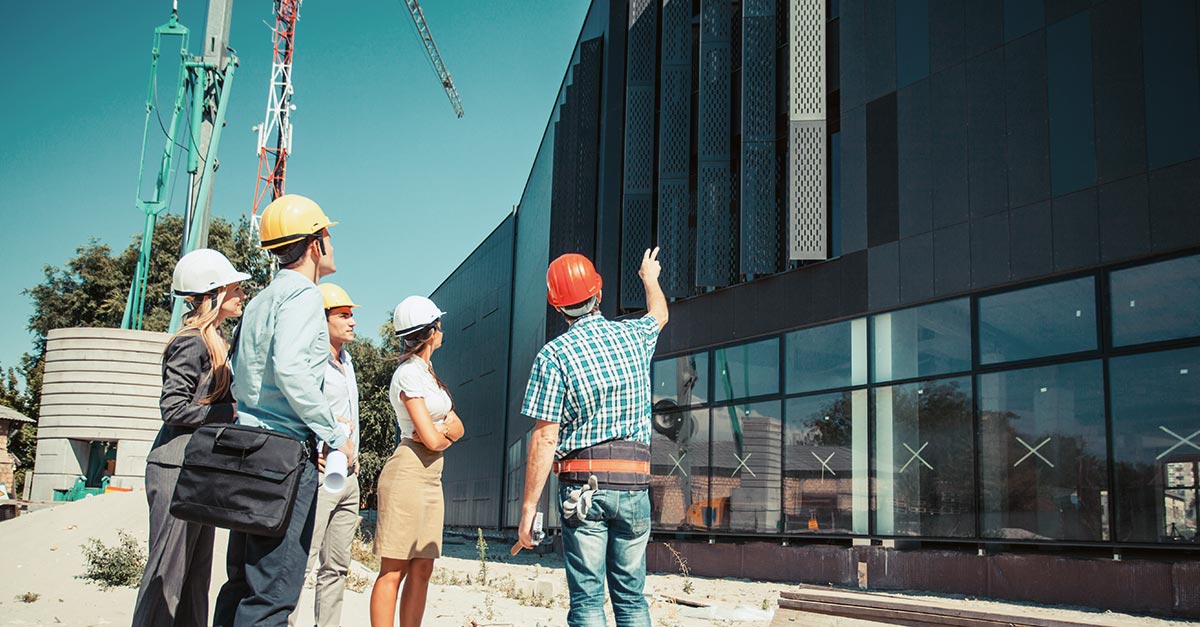

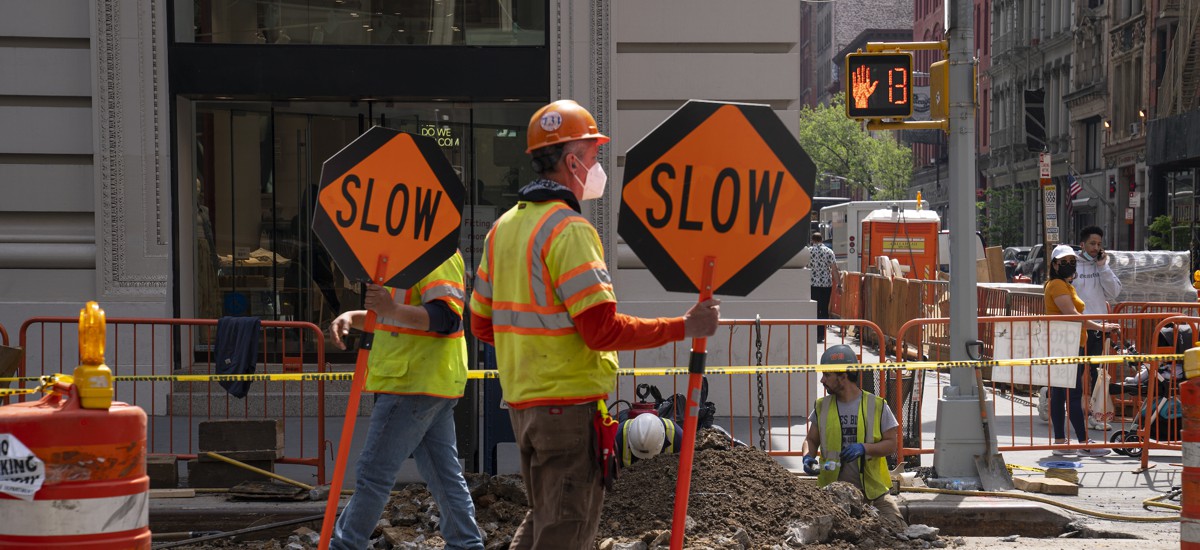
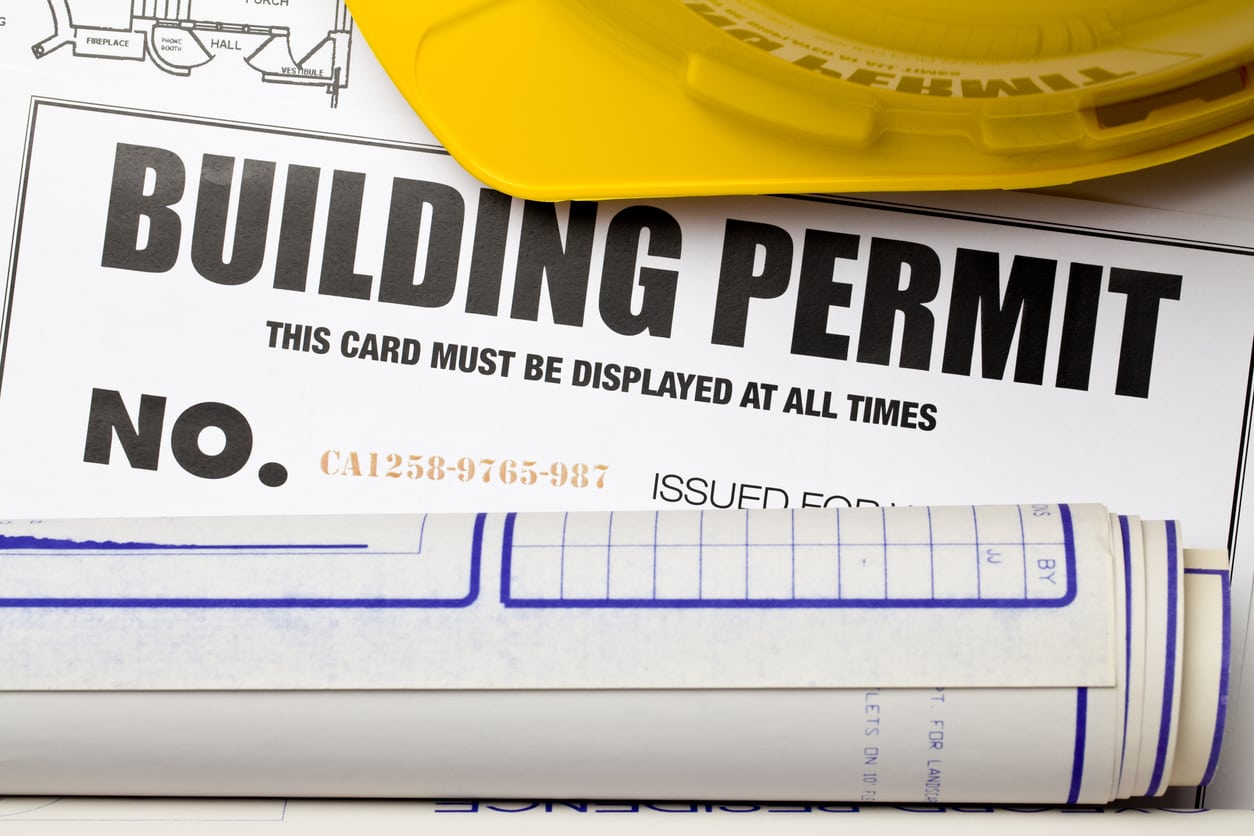
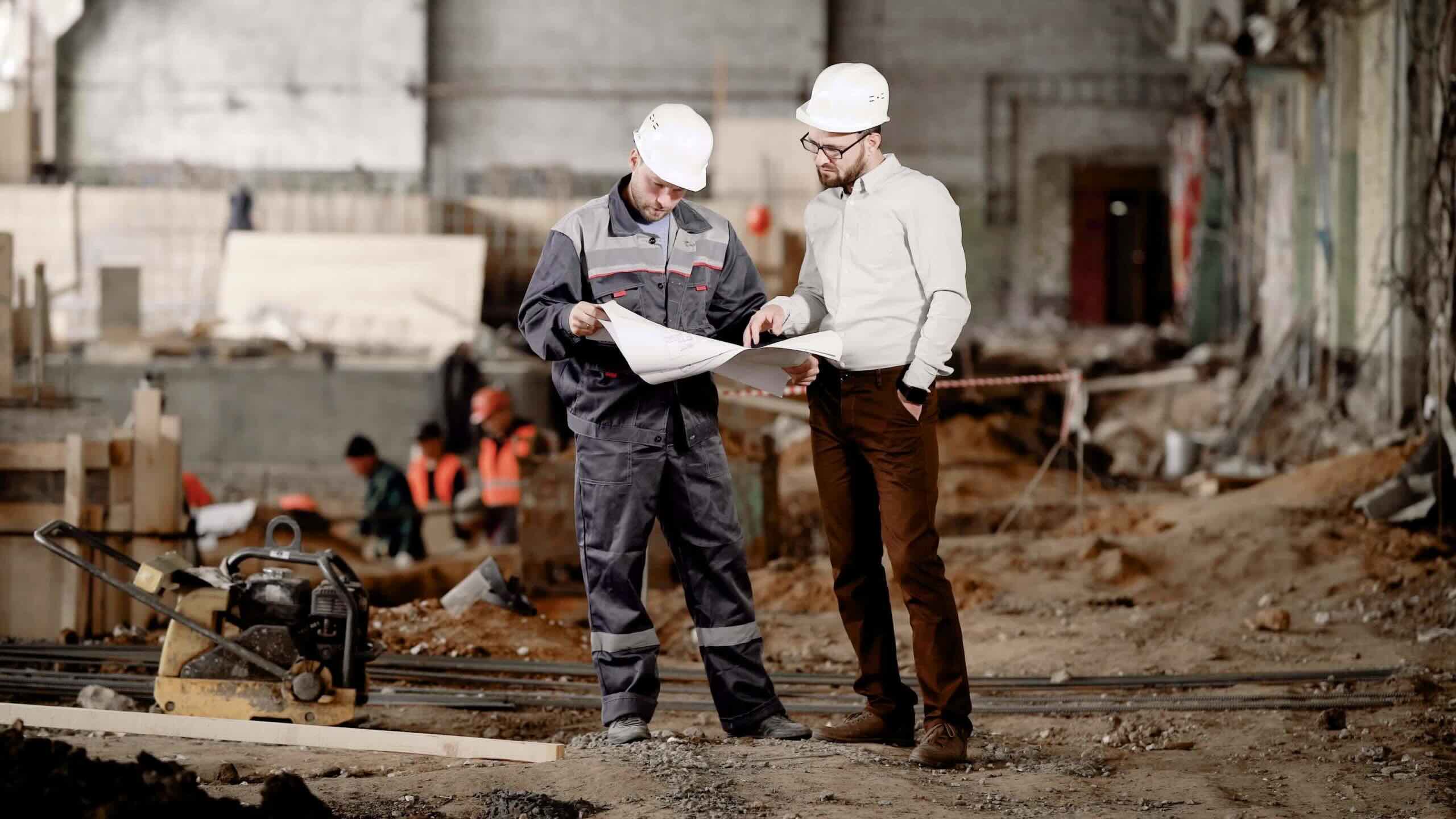


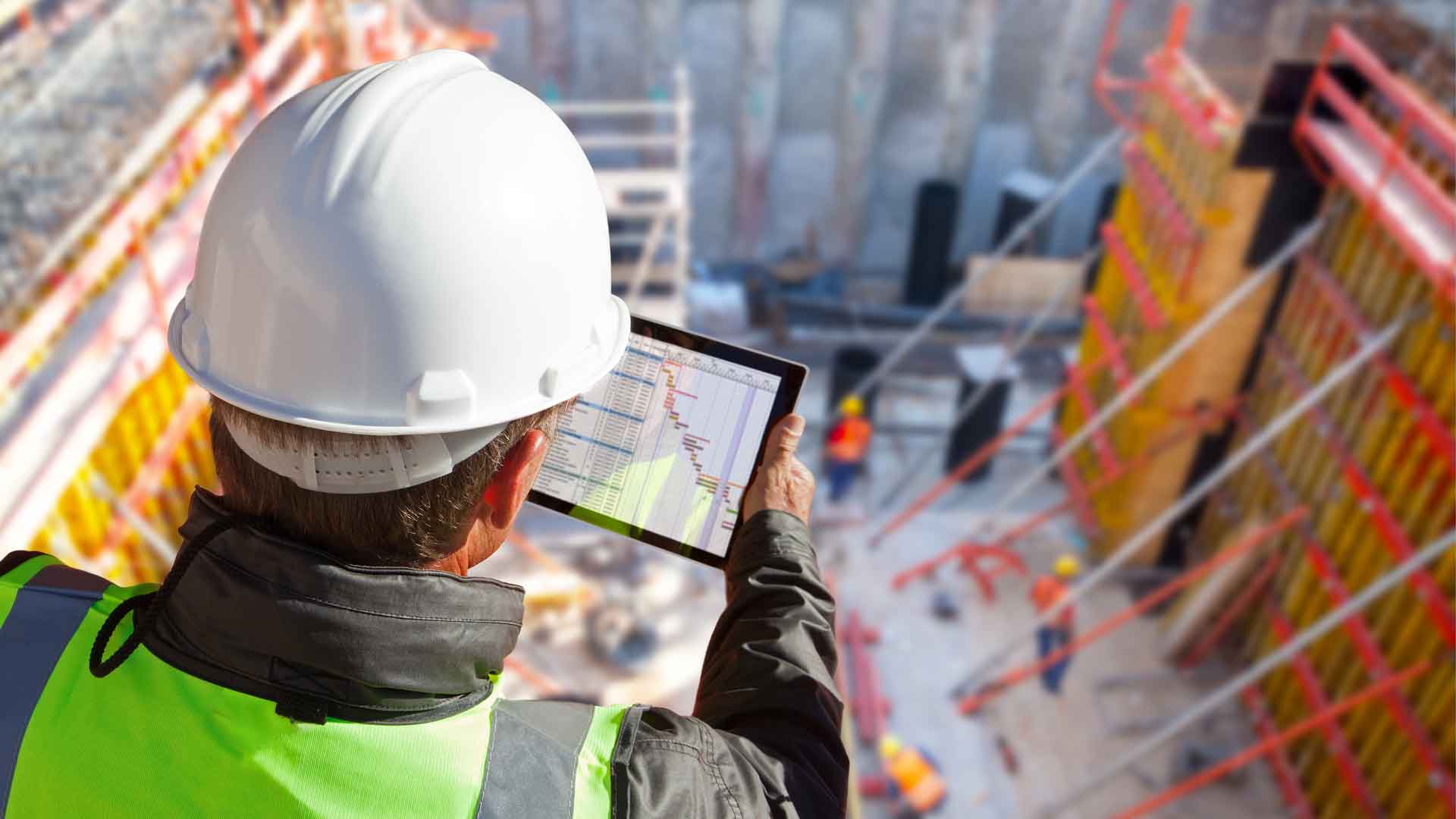
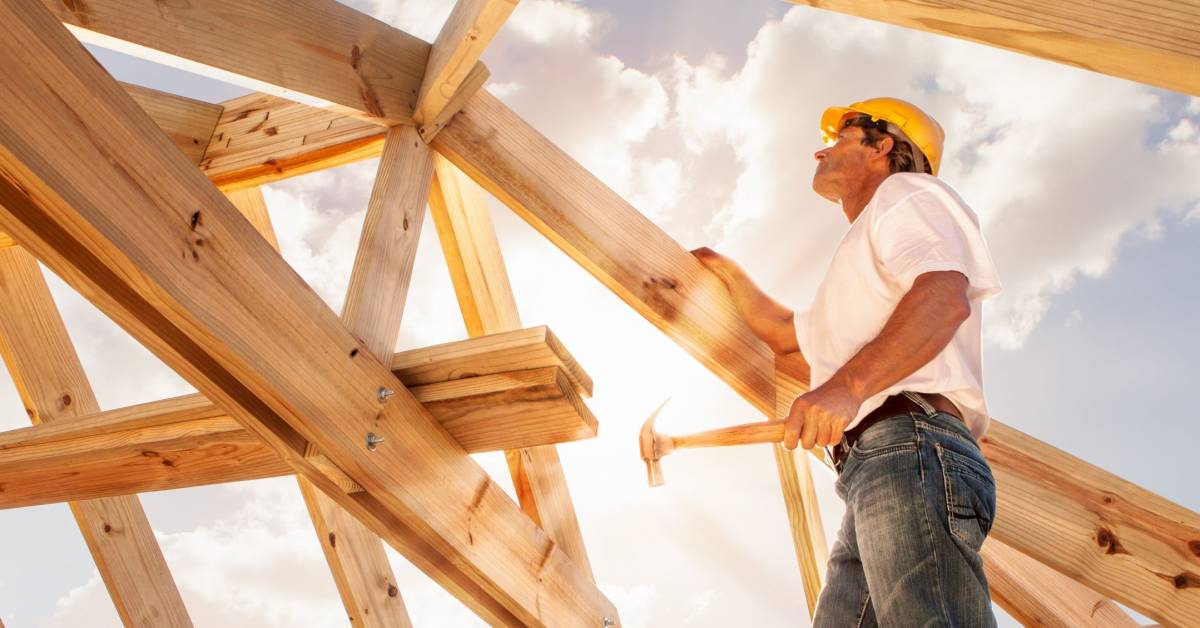

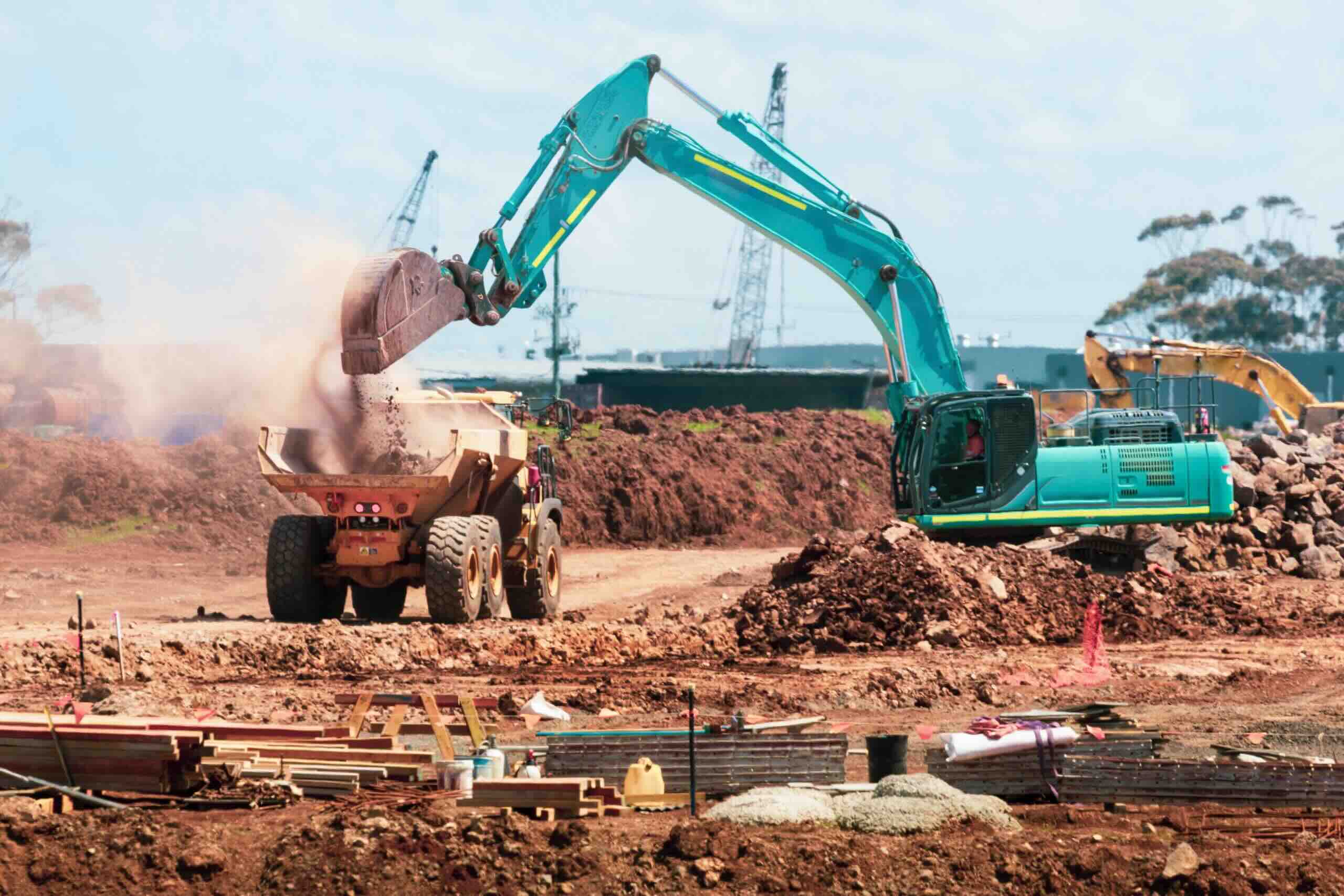
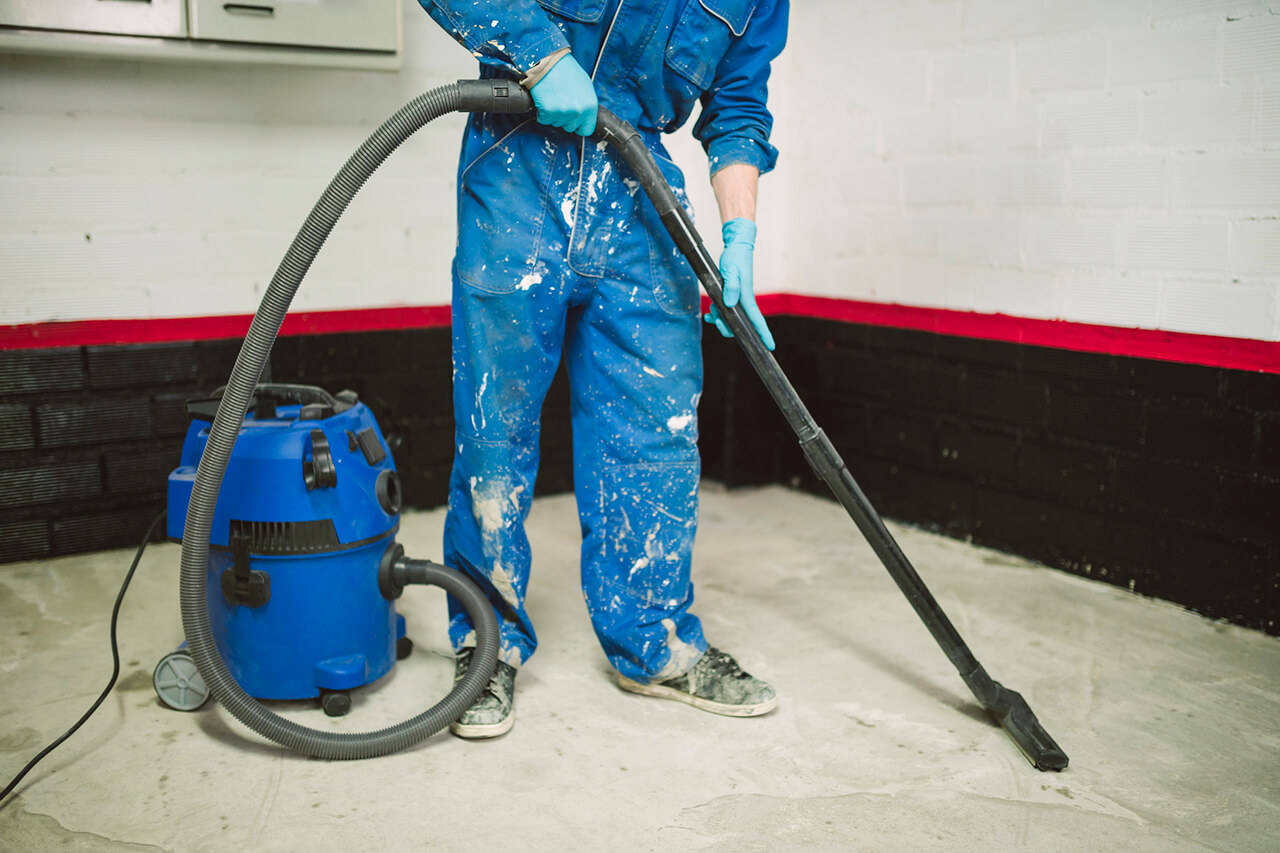
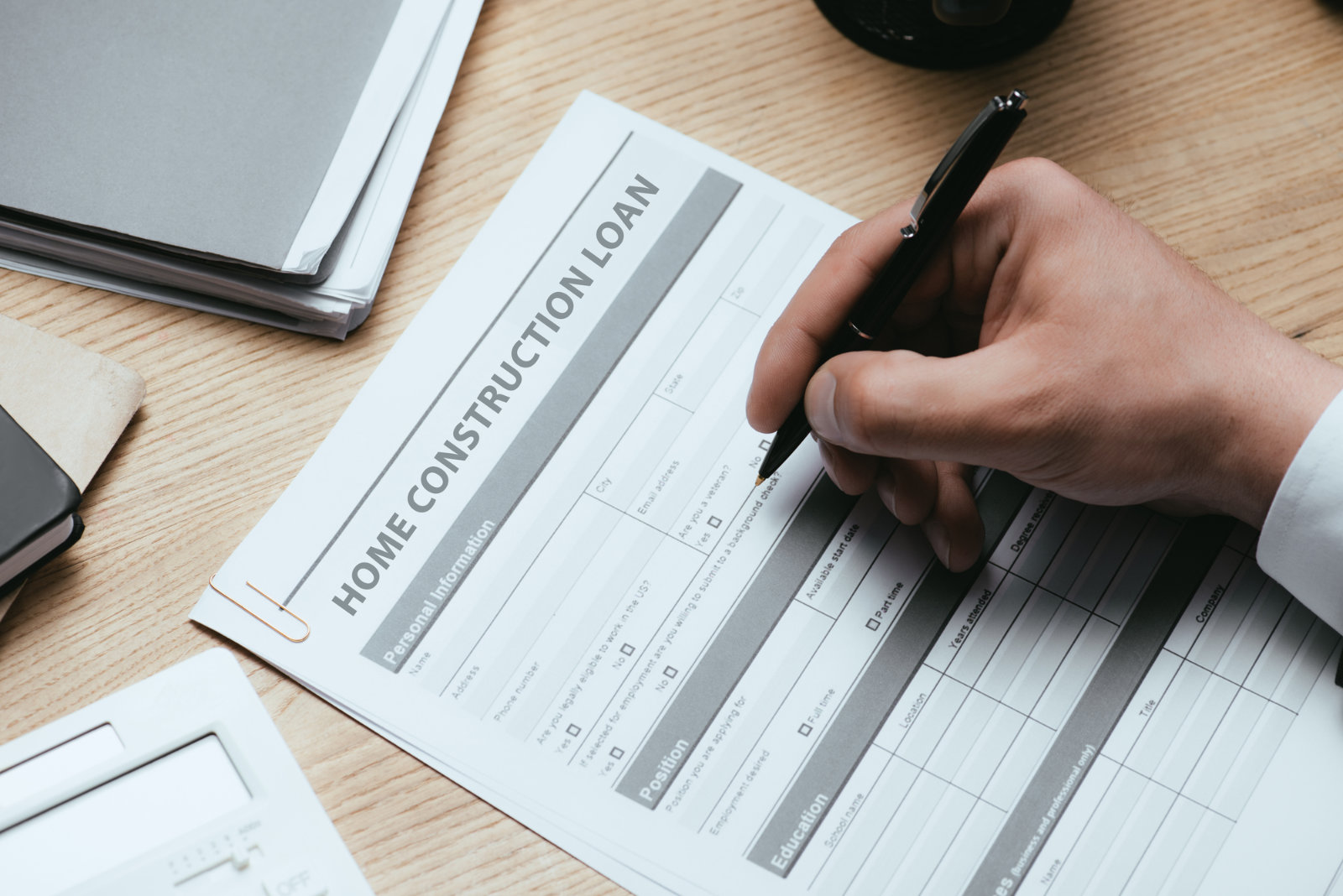

0 thoughts on “How Much Is A Construction Dumpster”